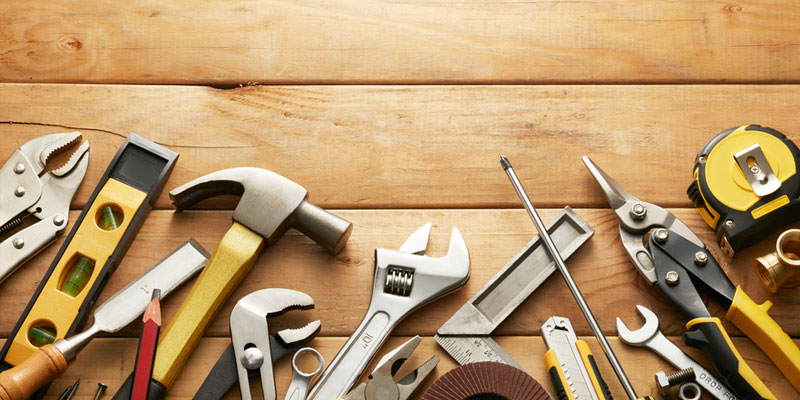With cable TV shows highlighting both the benefits and the hardships of buying and financing a fixer-upper home, some would-be home buyers would rather run away from the whole idea while others are more open to taking on such a daunting task. Although there are several obstacles you may encounter along the way, you could find that remodeling your new home can be very rewarding once the renovation is complete.
But first, should you even buy a fixer-upper?
You should only consider purchasing a home that is in need of some TLC if:
- You have the money.
- You’re willing to dedicate the time to complete all the necessary remodeling.
- The home value will surpass the renovation cost.
- You’re patient and can handle unplanned hiccups with ease.
- The amount you’d receive for selling your current home isn’t enough to purchase a move-in ready home in your ideal neighborhood.
- You like everything else about the property— the style of the home, the neighborhood, the school district, the property size, etc.
Once you determine whether buying and financing a fixer-upper is right for you, take these tips into consideration as you begin the process.
- 1. Meet with more than one contractor before you make an offer. Similar to finding a mortgage company or a realtor, you should speak with multiple contractors before you hire one. Have them walk through the house and see if they notice any needed renovations that you didn’t catch already. This way, you have a better idea of just how large the job will be and about how much money you're going to need to spend. You might find that some homes aren’t worth it.
- 2. Remember, there’s more than meets the eye. When renovating a home, problems often arise that neither you nor your contractor could foresee. Foundation issues. Outdated electrical wiring. Load-bearing walls in need of support. Rusted pipes. For these reasons, you should plan to set money aside for tackling any of these drawbacks before you set your renovation budget.
- 3. Look at the comps. If a house listing is well under your budget, you may be inclined to consider the property because you’ll think you have more money to put into it. But take notice of the amount of work that really needs to get done and figure out if you’re going to get back the money you spend. Look at the comparable properties nearby and figure out whether it's worth the investment. The best way to do this is ask your realtor and look at what other homes in the area are selling for.
- 4. Inquire about a 203(k) loan. This type of mortgage loan is designed specifically for home buyers who purchase fixer-uppers. Obtaining such a loan would help you pay not only for your new home but also for the renovations.
- 5. Plan accordingly. Since remodeling a fixer-upper is a huge undertaking, make sure that you have a plan in place with a little wiggle room. Due to unforeseen expenses, your renovation schedule may have to be set back several times, and that could prove costly.
- 6. Find a place to stay. Depending on how much remodeling work your new home requires, you may want to think about staying somewhere else for awhile until the project is done. Make sure you have a place lined up in advance so you’re not scrambling to find a temporary shelter at the last minute for you and your family.
Learn more about Contour’s 203(k) loan.
















